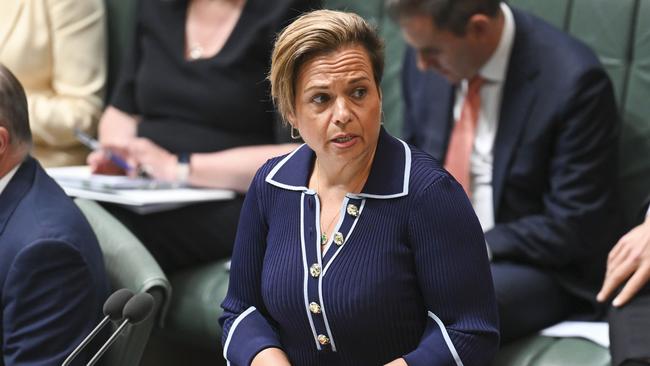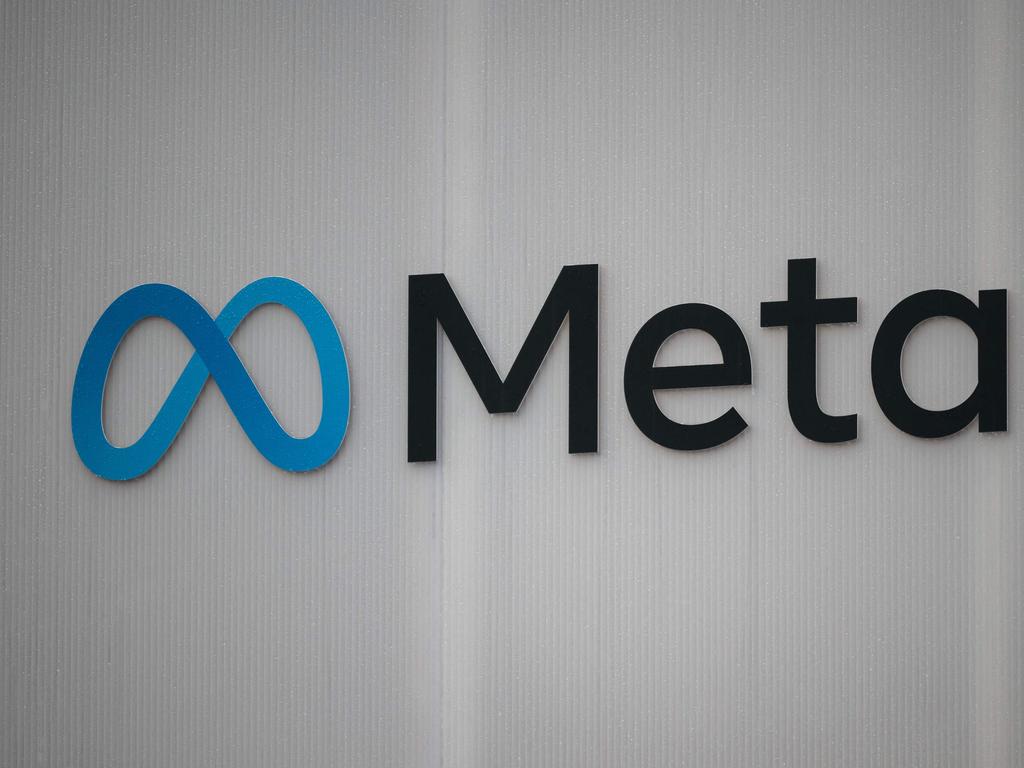Meta’s ‘news demand’ theory debunked as survey finds Australians think news on social media is important
More than four-fifths of Australians who consume news via social media say it’s ‘important’ to have access to news via this channel.

More than four-fifths of Australians who consume news via social media say it’s “important” to have access to news via this medium, in a stark repudiation of Meta’s claim that news is not a priority for Facebook users.
“The number of people using Facebook News in Australia and the US has dropped by over 80 per cent last year,” Meta, the parent company of Facebook, declared in a statement on February 29, by way of explaining its decision to stop paying Australian news media organisations for their content.
“We know that people don’t come to Facebook for news and political content – they come to connect with people.”
But the annual Australian television and media survey, to be released by the Department of Communications on Monday, tells a different story.
The report, commissioned by the federal government and conducted by the Social Research Centre, finds that of 5776 people across metropolitan and regional Australia interviewed for the survey, 83 per cent agreed accessing news via social media was important, and 61 per cent had accessed news via social media in the past seven days.
Furthermore, “online sources of news continued to trend upwards year on year, while TV continued to trend downwards in 2023”, according to the report.
The survey also reveals the factors that respondents most commonly indicated were important when choosing news and media content were that it is from a source they have used before and trust (60 per cent), that it is recent (58 per cent), and that it is professionally produced (53 per cent).
For the first time, the annual survey addresses the issue of artificial intelligence in news gathering.

It finds Australians are highly sceptical of AI-written news – 78 per cent of those surveyed distrust an article if they are aware it is written in full or with the assistance of AI, while 95 per cent of respondents think news sites should disclose when generative AI is used for making news content.
Elsewhere, the demand for subscription streaming services appears to have levelled off.
Of those surveyed, 42 per cent said they had either dropped or downgraded at least one streaming service in 2023, with most attributing their decision to the expense. That trend was most pronounced in the 18-44 age group.
Of those households with at least one streaming service, Netflix had a presence in 65 per cent of homes in 2023, down from 68 per cent in 2022.
However, while the popularity of subscription streaming services plateaued, the use of free video streaming services increased in 2023.
Free video streaming was the most used platform by children aged 8-10 (72 per cent) and 11-15 (73 per cent), with the majority of the 884 children who were surveyed also reporting they had watched TV shows or online content that was meant for an older audience.
Usage of free-to-air commercial TV continues to decline over time (just 51 per cent of respondents reported watching it in the past seven days).
Listening to online music streaming services significantly increased in 2023, while FM radio’s listenership was consistent with 2022.
The main genre of podcasts for the survey’s respondents was society and culture (37 per cent), followed by lifestyle and health (30 per cent), and news and politics (28 per cent).
AFL was the most watched sport with 64 per cent of Australians watching it in 2023, closely followed by rugby league (61 per cent).
Communications Minister Michelle Rowland said the survey offered “valuable insights into how Australians of all ages are consuming media, and what concerns they want to see addressed”.
“Importantly, the survey sheds light on Australian attitudes and expectations surrounding the use of generative AI to produce news content, and provides insight into the consumption patterns of children for the very first time,” Ms Rowland said.







To join the conversation, please log in. Don't have an account? Register
Join the conversation, you are commenting as Logout